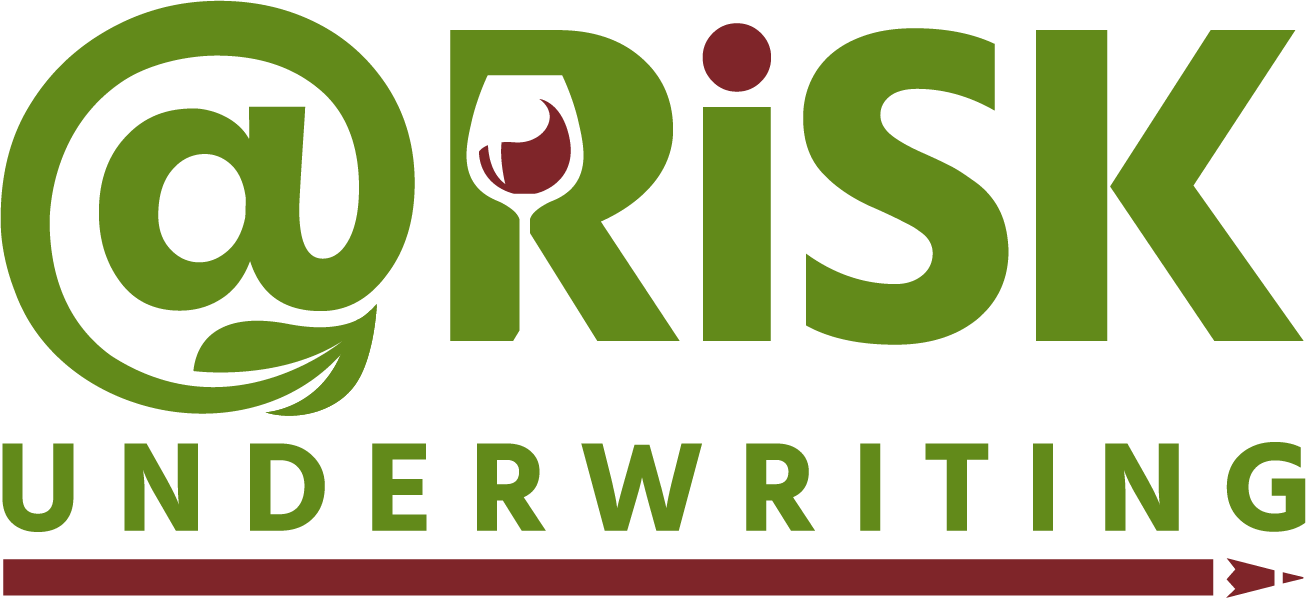The food and beverage industry in Australia is a vital part of the nation’s economy, contributing billions of dollars annually and employing a significant portion of the workforce. However, when you are selling food to consumers, there is always the risk of a food safety issue, no matter how effective your food safety management processes are. Food recalls can and do happen. It is how we manage them that determines whether we will have a crisis on our hands or an opportunity.
A poorly managed recall can lead to a crisis, with supply chain disruptions, reputational damage and regulatory breaches. Effective crisis response is essential to maintaining public trust, ensuring compliance, and minimising financial losses. In fact, an effective response to a recall can turn a crisis into an opportunity.
But what does a good crisis response look like? A few key aspects of effective crisis response in the food and beverage industry are:
1. Rapid Incident Detection and Response
The speed at which a crisis is detected and addressed can significantly impact its severity. Food safety management systems provide a sound basis for identifying issues, but in addition we need to be scanning our external market with consumers, regulators and other external stakeholders. Businesses should have monitoring systems in place, particularly if you are operating a high-profile brand.
Once an issue is detected, companies must have clear protocols to contain the problem. This may include halting production, recalling products, and notifying relevant authorities.
2. Communication
Clear and transparent communication is critical during a crisis. Businesses should have a crisis communication plan that outlines:
- Internal communication protocols to inform employees and stakeholders. This is often overlooked in crisis situations.
- Public messaging strategies to address customer concerns.
- Key External Stakeholders – early communication with key clients and also regulators.
- Consistent message – ensure everyone is getting the same message through the crisis.
- Communication responsibilities to clearly set out the company spokesperson for the media and internal communications.
Social media plays a significant role in crisis communication, as news spreads rapidly. Stay tuned for an upcoming article on how to leverage social media in a crisis.
3. Prepare in peace time
Many organisations can fall into the false security of ‘we will deal with it when it happens’. However, preparation is the foundation of effective crisis management. Companies must conduct comprehensive risk assessments to identify potential crises along with scenario planning to develop contingency plans to address these risks proactively. All this should be captured in a crisis management plan along with clear responsibilities, communication checklists and key external contacts.
Whilst a detailed crisis management plan can go a long way, a sign of proactive risk management culture is to run comprehensive crisis exercises to test whether the plan is fit for purpose. A modern food safety management system ensures that recall plans are tested at least annually, but often this is simply the test of the traceability process and doesn’t consider the broader communication processes around a product recall situation.
How can we help?
At @Risk, along with offering comprehensive standalone recall policies our policyholders have access to the in-house risk engineering and crisis consulting team that is vastly experienced in assisting clients in navigating crisis’. The team can get involved early on in the response and assist with each step of the process. In our experience of navigating several crises with our clients, the big role risk and crisis consultants can play is that of an external voice of reason, to verify the actions being taken and offer a calm presence in an otherwise challenging high-octane environment.
In summary, the things to look out for effective crisis response are:
- Having the right people in the room – It is important to have a blend of c-suite decision makers, operational roles and external help as required.
- Communicate – with all key stakeholders, both internally and externally.
- Speed – prompt and effective response is everything when it comes to mitigating the crisis and limiting reputational damage.
- And finally, ‘Prepare in peace time’ and don’t just plan on ‘dealing with it’ when something comes up.
By prioritising preparedness, regulatory compliance, effective communication, and supply chain resilience, companies can navigate crises with minimal disruption. A well-managed crisis response not only protects public health and brand reputation but also strengthens the industry’s overall resilience and your brand standing in the long run.
If you’re concerned your organisation isn’t prepared enough to manage during a crisis, feel free to contact the @Risk team to consult on possible risk management options available for your organisation.


Recent Comments